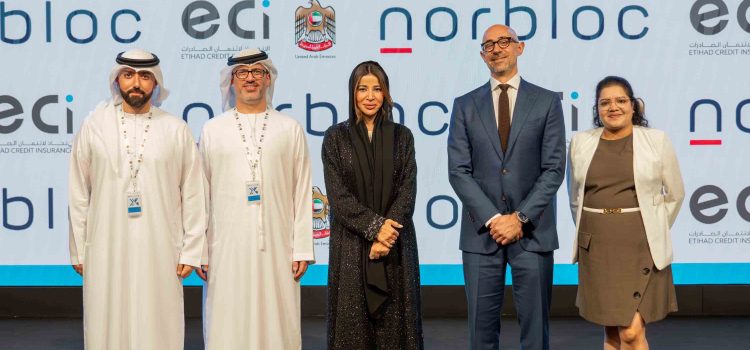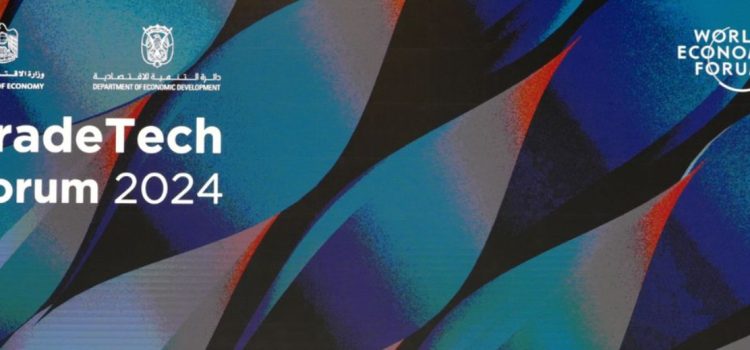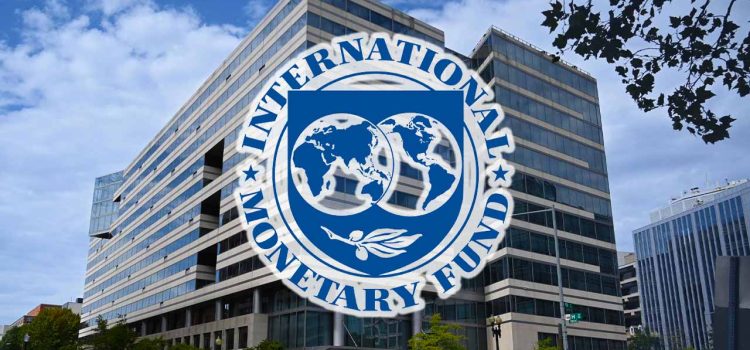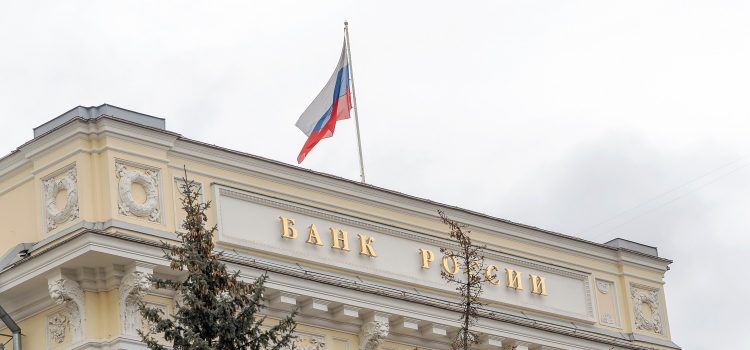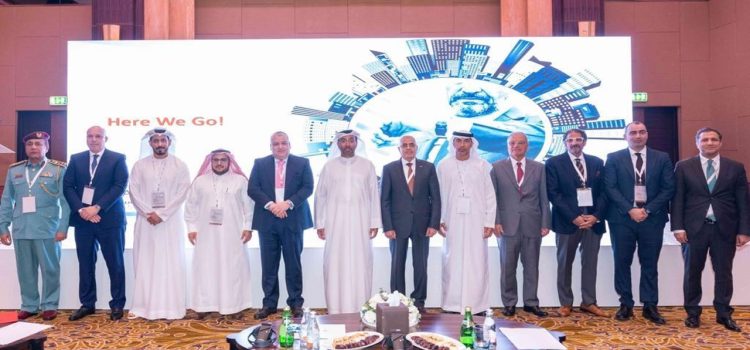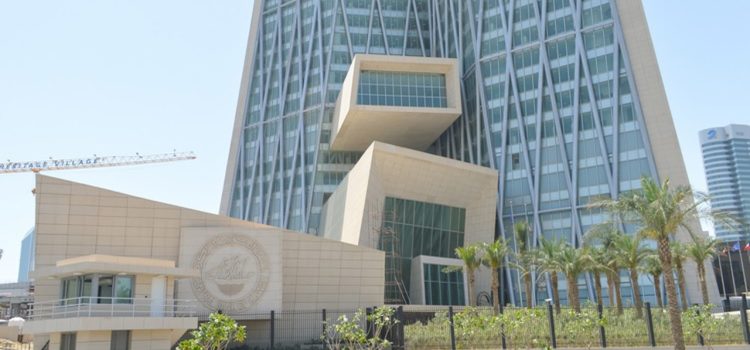
UAE KYC Blockchain platform led by the Dubai Department of Economy and Tourism ( DET) and powered by Norbloc Blockchain has added the first insurance member, Etihad Credit Insurance (ECI),The KYC Blockchain platform aims to improve ease of doing business, company KYC compliance, and customer data quality and enable the KYC network’s future growth by leveraging it as a reliable customer data ecosystem.
Her Excellency Raja Al Mazrouei, CEO of ECI, said, “We are pleased to be the first export credit agency to join the UAE’s KYC platform, which marks a remarkable milestone for us. This step enables the ecosystem to quickly improve the verification process of consumer identities and build unified procedures by leveraging blockchain technology. At ECI, we are committed to using state-of-the-art technologies in partnership with relevant stakeholders to increase operational efficiency, optimize services and accelerate processes. We believe that this move would help streamline the process of delivering our services and solutions, as well as support and enable a larger group of businesses engaged in UAE export and re-export operations to both regional and international markets.”
Ahmad AlFalasi, CEO of DBLC at DET, added, “We are pleased to welcome ECI as the first insurance sector entity to join the KYC Blockchain Platform. This milestone highlights ECI’s commitment to improving ease of doing business and enhancing KYC compliance standards. DET is dedicated to providing alternative channels for seamless company KYC data sharing and validation, with this initiative being a key example. By easing access to banking, financial, and insurance services, the platform fosters regulatory collaboration while ensuring robust KYC compliance. ECI’s participation underscores the growing momentum of this initiative, and we look forward to further strengthening Dubai’s position as a global trusted business hub.”
Astyanax Kanakakis, CEO and Co-Founder of norbloc, explained “The KYC Blockchain Platform establishes a single version of truth per customer profile, enhancing data quality, boosting transparency, while improving institutions’ efforts to combat financial crimes, streamlining data exchange and encouraging cooperation. Furthermore, the continuous expansion of platform members in the country aligns with the UAE’s strategy for digital transformation and is an integral component to stimulating economic growth and reinforcing the UAE’s leading position as a global financial hub and a primary investment destination.”
The platform uses norbloc’s Fides solution to improve customer experiences by leveraging innovative blockchain technology to offer access to accurate and reliable information for banks and other financial institutions. Joining the platform ensures an expedited account opening process, streamlined financial and digital services, seamless consent-driven customer data transfer, and confidentiality of customer data.
With the goal of facilitating efficient data exchange in the emirate, the Dubai Department of Economy and Tourism (DET) launched the KYC Blockchain Platform in 2020, in collaboration with a group of founding member banks. In May of 2023, Al Masraf bank became the 10th bank to join the Norbloc KYC Blockchain platform developed under the initiative with Department of Economy and Tourism (DET).








